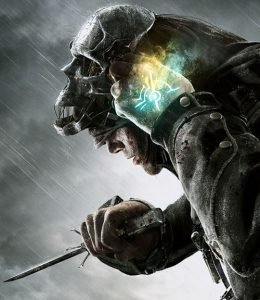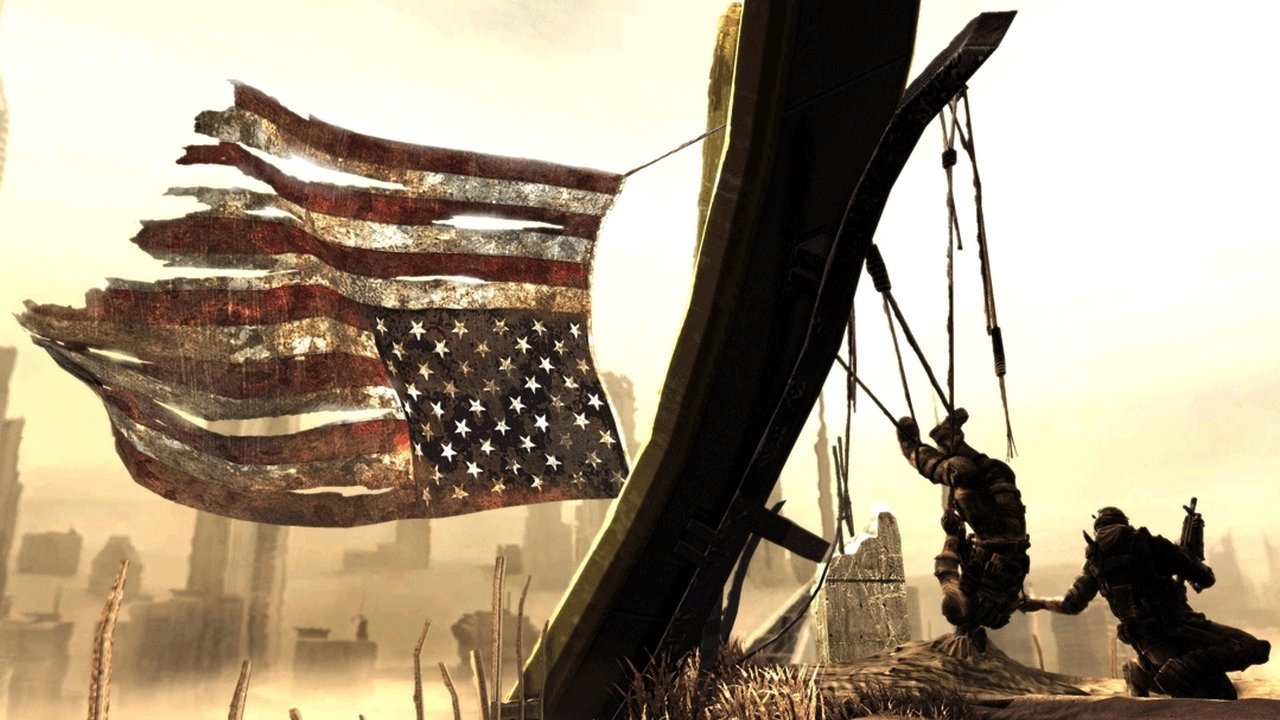There’s been a fascinating conflict of interest arising in games in the last couple of years.
It’s something you see a little bit of in open world games, such as Grand Theft Auto and Sleeping Dogs, but it’s even more pronounced in some of the more recent shooters like Spec Ops: The Line and Dishonored. These are games that, from a mechanical point of view, are major successes at enabling players to feel like powerful, unstoppable killers. But narratively, they are actually against the violence that the gameplay encourages.
It’s something you see a little bit of in open world games, such as Grand Theft Auto and Sleeping Dogs, but it’s even more pronounced in some of the more recent shooters like Spec Ops: The Line and Dishonored. These are games that, from a mechanical point of view, are major successes at enabling players to feel like powerful, unstoppable killers. But narratively, they are actually against the violence that the gameplay encourages.

It’s an interesting dilemma, and one that games are only going to wrestle with more and more as time goes on. In some respects, it’s a problem that’s unique to the commercial aspect of games because of the interactive nature of the medium. In a comic, play, novel or movie if there’s an agenda to condemn or criticize violence, the artist/playwright/writer/director can choose to portray the violence in deplorable, unglamorous terms. There was nothing appealing or “badass” about the traumatic curb stomping scene performed by Edward Norton in American History X, and Spielberg’s Saving Private Ryan had one of the most brutal, unsexy renditions of the Normandy Beach invasion ever committed to celluloid. Here in these traditional media, the creator intent—to deglamourize violence—is augmented by the creator’s ability to present the violence in an unenjoyable manner, because the medium can provide entertainment to the audience in some other way, through drama or narrative.
In games, where interactivity is the foundation of the entire medium, combat is often the form in which the interactivity takes place. So to neuter the combat and make it as unfun as possible to serve the artistic intent of the creator kills the commercial appeal of the product. For most games currently being produced, violence IS the point, the reason the game exists, and so creators of games face an almost insurmountable dilemma. How do you create a game that makes people feel like unstoppable killing machines while at the same time convince that audience that violence is bad?

Dishonored is a perfect example of this kind of conflicted game design. Like other free-form combat games such as Metal Gear Solid, players actually have the option to disable or knock out enemies rather than kill them outright. Dishonored reinforces this with endings that change based on how many people you kill—and thus how much chaos you spread throughout the world. But the ability to render enemies unconscious or inspire the people around you towards a better ending is tempered by an extremely impressive set of skills designed explicitly for killing. Spectacular aerial assassinations combine with an ability to devour corpses with rats or disintegrate victims into ash. It’s no surprise that with so much “glamour” attached to the ability to kill, it’s hard to take the moral high ground and knock out everyone you see. Killing is easier, more spectacular looking and just plain fun. And it begs the question, “If you’re going to make a game where players can really enjoy a sophisticated, complex system of killing, why attach a story that vilifies this?”
Spec Ops: The Line suffered even more from this, with its brazen ambition of bringing Joseph Conrad’s Heart of Darkness—via Coppola’s Apocalypse Now—to the gaming world. It was a third person shooter, with all the expectations and baggage that carries, wrapped in a story that criticized violence. And while critics rightly praised the bold narrative of the game, at the same time it also fell victim to remarks about how the combat didn’t feel as tight or polished as its peers.
The violence—[in Walking Dead]—is brutal, ugly and lacks any kind of glamour, particularly when it is the violence inherent in a mercy killing, a situation the game frequently forces gamers to confront. Of course, there’s one sure fire way to make a videogame that can still make a critical statement about violence; make the criticism itself, not the violence, the central mechanic. The Walking Dead is primarily an adventure game, and thus its focus is more on the characters, the choices the player makes, the growing sense of dread and despair that comes from a zombie apocalypse. The violence—when it does occur—is brutal, ugly and lacks any kind of glamour, particularly when it is the violence inherent in a mercy killing, a situation the game frequently forces gamers to confront.
If there’s any lesson to be learned here, perhaps it’s the idea that a game with aspirations beyond violence can be a commercial success. The Walking Dead has proven this, as has Journey. But a game with those same aspirations rooted in game systems about elegant, graceful violence will always be at war with itself.




